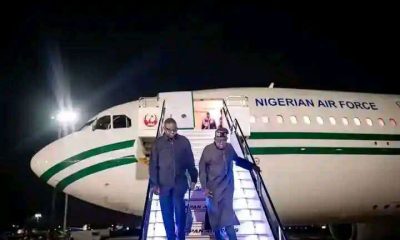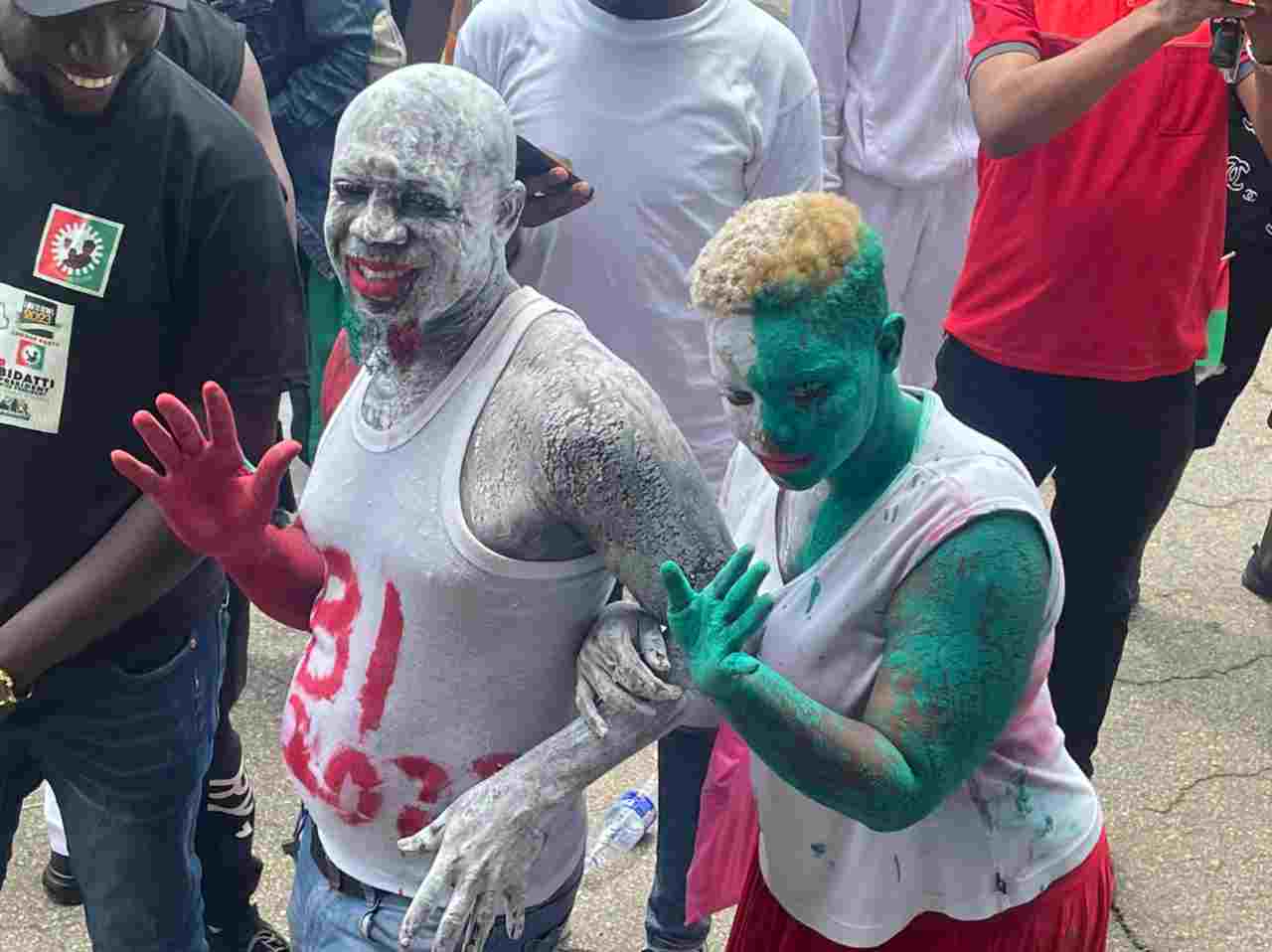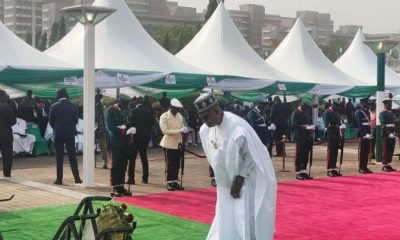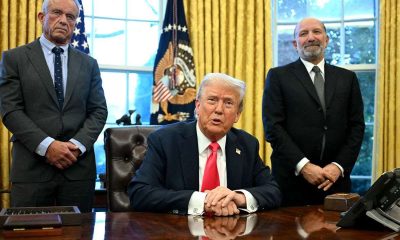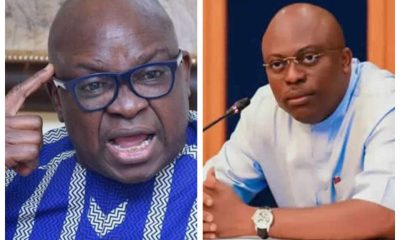Op-Ed.
Tinubu: Taking the road not taken

From the glimpses of what may lie ahead from his 30 days in office, Nigerians are primed for a bumpy time. This, no matter how unpleasant it may be in the short term, would be preferred to the non-governance of the past eight years.
Assuming, without conceding, that the outcome of the petitions against his election will be favourable, it is exciting and exhilarating that Nigeria is about to take the road it had never taken since the end of the civil war.
Generally, Nigeria is considered a leader in Africa, and could very easily become one globally, but it has been hobbled by its lack of visionary leaders and purposeful political direction. With the largest population in Africa, the biggest economy, and as largest oil producer, and the sixth in OPEC, Nigeria at present, by general consensus, is decidedly a failed aspiration, being the poverty headquarters of the world with 133 million out of 204 million people in multidimensional poverty.
Having survived a destructive but avoidable civil war, ravaged by dozens of military coups, and unmitigated level of squandered oil wealth, and endemic corruption, topping the list severally in the 1990s, there is nothing to explain its present fate of deep economic, social and political crises than the inability of its leaders to do the right things that would make for the peace, prosperity and unity of the country.
This had been, particularly, so in the past eight years, when insecurity overshadowed and pervaded the country, public debt reached an all time level of N77 trillion from just N11 trillion in 2015, with the country using 73 percent of all its revenue to pay debt service, with the naira at an all time low of N740 to a dollar; and most of its professionals, such doctors, ICT engineers, teachers, nurses etc fleeing the country in droves.
So far, most Nigerians agree, so good. All the actions taken by the government so far have been applauded by most Nigerians and foreigners alike, especially the multilateral financial agencies, which for years had called on the country to amend its profligate ways or face dire consequences as seem to be the case today. At a different time, the summary and abrasive manner the fuel subsidy was removed on inauguration day would have brought the administration to its knees, but only the labour unions raised a whimper of protest without much public support.
Although, the people questioned the manner of announcement before cushions were formulated, Nigerians agreed that enough was enough. With N6 trillion budgeted for subsidy in 2023, the country was heading to a financial collapse to continue in the old ways. Since the action was taken, domestic consumption, which was once, under the last regime, put at almost 100 million litres per day, has dropped by 28 percent to less than 40 mlpd. Before the multiple foreign exchange rates were unified, because of its corruption and abuse, experts had warned of deleterious consequences, yet the fear has proved unfound, as convergence appears likely.
The same goes for appointment of service chiefs, which for the first time since 2015, reflected national balance. Just last week, some unnecessary taxes, such as those on telecom services, excise duty and green car import levy, were scrapped to moderate inflation pressures. These taxes were imposed by the Buhari regime in a desperate quest for revenue generation, which had made the economy hostile and unattractive to investment, as there were as many as 33 taxes in the real economy, which made local products uncompetitive to imported goods, making it a dumping ground.
All these are very bitter developments and decisions that directly impinge on the welfare and standard of living of people, but are necessary to guarantee a better and a more pleasurable future. The question is, why were such decisions not taken before now?
The answer is entitlement mentality and bad politics.
For too long, Nigerians, against better counsel, held on to the subsidy as if their life depended on it even when it had become obvious the policy was unsustainable. It is ironic, and even poetic justice, that President Tinubu, who then, as leader of the opposition party, APC, that spearheaded the protests against attempt by the President Jonathan’s government to deal with the problem, when the cost was a paltry N400 billion per year against the N6 trillion projected for 2023, is now saddled with the daunting task of removing the subsidy and its attendant repercussions.
Having pointed to the direction, he must take the country to its destination. He must turn completely from the old ways, especially the past eight years, by committing unequivocally to national unity, and dealing mercilessly with any threats to security anywhere in the country. Nigeria is more divided now than at anytime in its history, because of the nepotism of the previous government and a fractious election.
He must commit to healing the nation by positive actions and dialogue with aggrieved sections of the nation. He must deepen our electoral process to advance our democracy, which took a bad turn in the last polls.
He should earnestly begin the process of a comprehensive constitutional review to fully unbundle this suffocating unitarism that has become dysfunctional to progress. This is so crucial to determine and perhaps, undermine the outcome of his performance in office. It is the litmus test with which his performance would ultimately be judged.


